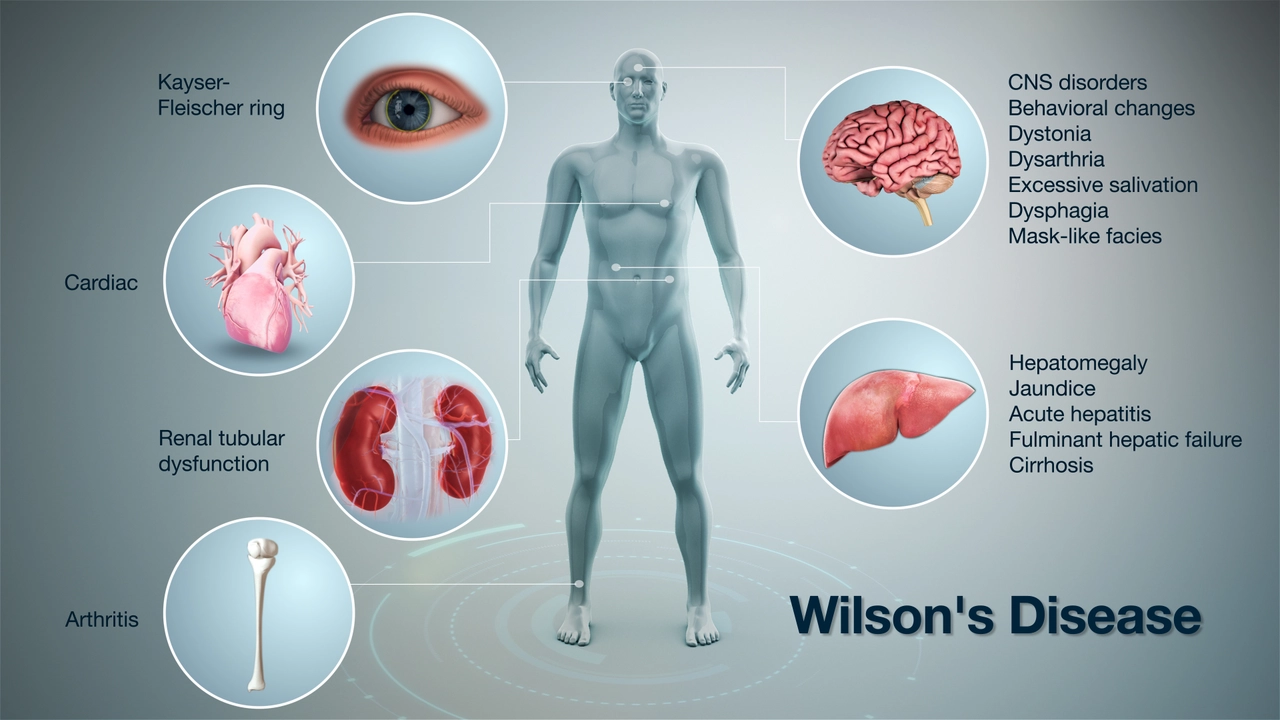Hypophosphatemia in Athletes: Causes, Symptoms, and Treatment

Understanding Hypophosphatemia
In this section, we'll be discussing what hypophosphatemia is and why it's relevant for athletes. Hypophosphatemia is a condition in which an individual has abnormally low levels of phosphate in their blood. Phosphates are essential for our body, as they play a major role in producing energy, building strong bones, and maintaining proper muscle function. As athletes put their bodies through intense physical activities, they rely heavily on maintaining proper phosphate levels to perform at their best. But, sometimes, these levels can drop too low, leading to hypophosphatemia and its consequences on their overall health and athletic performance.
Causes of Hypophosphatemia in Athletes
There are several factors that can contribute to hypophosphatemia in athletes. It's essential to be aware of these causes and recognize the signs to ensure proper prevention and treatment. Some common causes of hypophosphatemia in athletes include:
- Overexertion during exercise
- Malnutrition or poor dietary intake of phosphorus-rich foods
- Excessive alcohol consumption
- Use of certain medications, such as diuretics and antacids
- Medical conditions, like diabetes, that affect phosphate absorption
By understanding these causes, athletes can make necessary adjustments to their lifestyle and training habits to prevent the onset of hypophosphatemia.
Recognizing the Symptoms of Hypophosphatemia
As an athlete, it's crucial to be able to recognize the symptoms of hypophosphatemia early on to seek appropriate medical attention and prevent further complications. Some common symptoms of this condition include:
- General weakness and fatigue
- Muscle pain and cramps
- Bone pain and increased risk of fractures
- Loss of appetite and weight loss
- Numbness and tingling sensations
- Difficulty breathing or shortness of breath
- Confusion and irritability
If you or someone you know is experiencing these symptoms, it's essential to consult a healthcare professional for proper diagnosis and treatment.
Diagnosing Hypophosphatemia
If you suspect that you may be suffering from hypophosphatemia, it's important to seek medical advice from a healthcare professional. They will likely perform a series of tests to determine your phosphate levels and identify any underlying causes. Some common tests used to diagnose hypophosphatemia include:
- Blood tests to measure phosphate, calcium, and vitamin D levels
- Urine tests to assess kidney function and phosphate excretion
- Imaging studies, like X-rays or bone scans, to evaluate bone health
Once a diagnosis is made, your healthcare provider will work with you to develop a treatment plan tailored to your specific needs and circumstances.
Treatment Options for Athletes with Hypophosphatemia
The treatment of hypophosphatemia in athletes will depend on the underlying cause and the severity of the condition. Some common treatment options include:
- Dietary modifications to include more phosphorus-rich foods, like dairy products, meat, fish, and whole grains
- Phosphate supplements, either orally or through IV infusions, depending on the severity of the condition
- Addressing any underlying medical conditions or medication use that may be contributing to low phosphate levels
- Monitoring and adjusting exercise routines to prevent overexertion and further depletion of phosphate levels
It's essential to work closely with your healthcare provider to determine the most appropriate treatment plan for your specific needs and to monitor your progress closely.
Preventing Hypophosphatemia in Athletes
Prevention is always better than cure, and this holds true for hypophosphatemia as well. Athletes can take several steps to prevent this condition and maintain optimal phosphate levels, such as:
- Ensuring a balanced diet that includes adequate amounts of phosphorus-rich foods
- Staying adequately hydrated, especially during intense training sessions and competitions
- Limiting alcohol consumption and avoiding excessive use of medications that may affect phosphate levels
- Monitoring and adjusting exercise routines to prevent overexertion and excessive phosphate loss
- Regularly consulting with healthcare professionals to monitor phosphate levels and overall health
By implementing these preventative measures, athletes can reduce their risk of developing hypophosphatemia and maintain their peak performance levels.
The Impact of Hypophosphatemia on Athletic Performance
Hypophosphatemia can have several negative effects on an athlete's performance. Low phosphate levels can lead to muscle weakness, fatigue, and reduced endurance, making it difficult for athletes to perform at their best. Additionally, bone pain and increased fracture risk can further hinder their ability to engage in their chosen sport. Furthermore, the mental and emotional symptoms associated with hypophosphatemia, like confusion and irritability, can also impact an athlete's focus and overall performance. Therefore, it's crucial for athletes to maintain proper phosphate levels to ensure their optimal performance and overall well-being.
Final Thoughts on Hypophosphatemia in Athletes
In conclusion, hypophosphatemia is a serious condition that can significantly impact an athlete's health and performance. By understanding the causes, recognizing the symptoms, and seeking appropriate diagnosis and treatment, athletes can effectively manage this condition and prevent further complications. Moreover, implementing preventative measures can help athletes maintain optimal phosphate levels and perform at their peak. Remember, always consult with a healthcare professional if you suspect you may be dealing with hypophosphatemia or any other health concerns.

Ben Finch
May 2, 2023 AT 08:22Naga Raju
May 2, 2023 AT 18:12Dan Gut
May 3, 2023 AT 18:54Jordan Corry
May 4, 2023 AT 19:20Mohamed Aseem
May 5, 2023 AT 00:21Steve Dugas
May 5, 2023 AT 18:51Paul Avratin
May 6, 2023 AT 05:12Brandi Busse
May 7, 2023 AT 13:23Colter Hettich
May 8, 2023 AT 06:03Prem Mukundan
May 10, 2023 AT 00:01Leilani Johnston
May 11, 2023 AT 07:30Jensen Leong
May 12, 2023 AT 16:56Kelly McDonald
May 13, 2023 AT 03:04